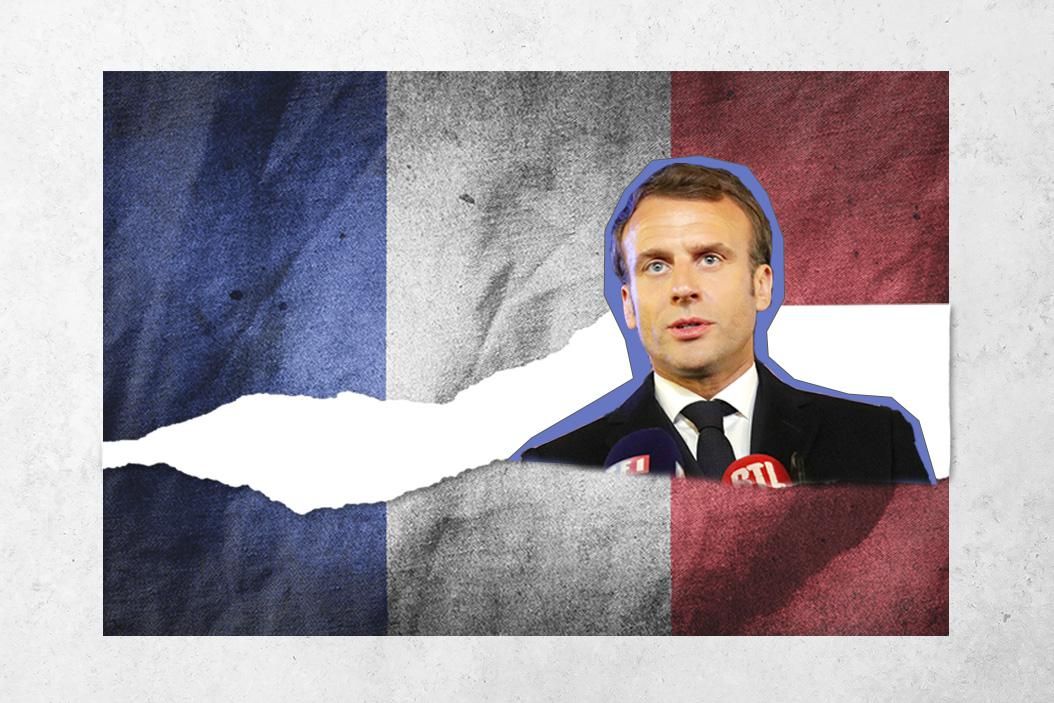December 05, 2021
France’s right-leaning election. Valérie Pécresse, a minister in former president Nicolas Sarkozy’s government, won a primary on Saturday to lead France’s conservative Les Republicains party in next year’s presidential election. Pécresse is the first woman to head the party of Charles de Gaulle and Jacques Chirac, and is hoping to reinvigorate a party that’s become mostly irrelevant in French politics as anti-establishment sentiment grips the electorate. But Pécresse – a mainstream conservative – has her work cut out for her in an election where far right firebrands Marine Le Pen and Éric Zemmour are holding their own in the polls. President Emmanuel Macron is still five points ahead of Le Pen, who is currently in second place, and would reap about a quarter of the vote if the April elections were held today. But Pécresse’s entry into the race could cause some trouble for Macron. He has tried to paint himself both as a political outsider and as a middle-of-the-road liberal but he is broadly seen as a wishy-washy ideological chameleon. Macron could now be forced to veer further to the right to attract voters who might resonate with Pécresse’s tough-on-immigration and pro-business agenda, particularly amid fears that the omicron variant could force Macron to re-impose unpopular lockdowns.
More For You
A photograph posted by U.S. President Donald Trump on his Truth Social account shows him sitting next to CIA Director John Ratcliffe as they watch the U.S. military operation in Venezuela from Trump's Mar a Lago resort, in Palm Beach, Florida, U.S., January 3, 2026.
@realDonaldTrump/Handout via REUTERS
Most Popular
- YouTube
In this "ask ian," Ian Bremmer analyzes Trump’s recent meeting with Zelensky and how close (or far) Russia and Ukraine are from a peace deal.
Syrian President Ahmed al-Sharaa attends the military parade of the Syrian army in Umayyad Square in central Damascus to mark the one-year anniversary of the fall of the Assad regime, on Dec. 8, 2025.
Mohammed Al-Rifai/dpa via Reuters Connect
A year ago this month, Syria’s brutal dictatorship collapsed. There are signs of recovery, but sectarian violence threatens to undermine the optimism.
© 2025 GZERO Media. All Rights Reserved | A Eurasia Group media company.
